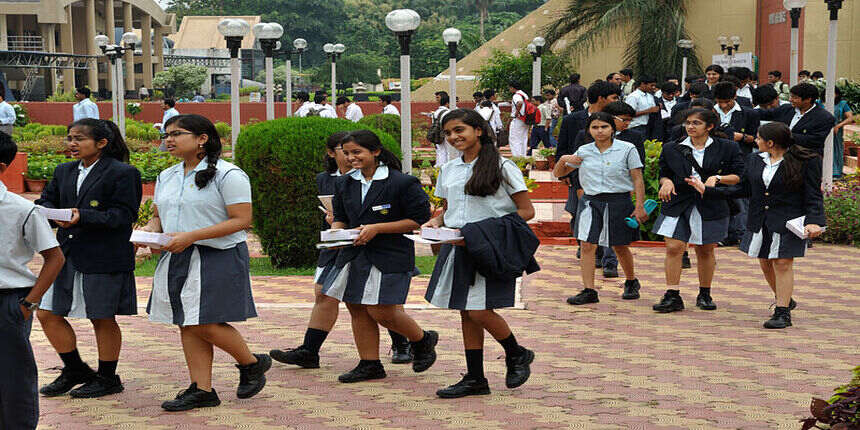CBSE proposes treating foreign languages as skill subjects under NCrF
Shradha Chettri | February 8, 2024 | 03:23 PM IST | 3 mins read
CBSE’s draft framework for Classes 9-12 is based on the NCrF which requires two of three languages to be Indian. English is seen as a foreign language.

NEW DELHI: The Central Board of Secondary Education (CBSE) may consider foreign languages taught in schools as skill subjects, once the National Credit Framework (NCrF) is implemented.
The NCrF is a document proposing the introduction of a new credit and academic framework for school and higher education. The CBSE had drafted a framework for Classes 9 to 12 based on it and sent it to schools for feedback in November. The new credit system is in line with the National Education Policy (NEP) 2020.
As part of the orientation being held on the NCrF for principals, Biswajit Saha, CBSE’s director for skill education and training, said: “We are aware of the facet of foreign language, which various schools are offering. We may consider foreign language as a skill subject so that the schools can continue teaching the subject.”
Saha added, “This change is required as the National Curriculum Framework states that the two languages offered to students should be native. English is also a foreign language for CBSE, even though the medium of instruction in schools is English.”
The board would be conducting similar such orientation on the framework and have asked schools to create awareness through the Sahodaya system.
NEP 2020 and the 3-language formula
Section 14 of the NEP recommends continuing with the three-language formula “while keeping in mind the Constitutional provisions, aspirations of the people, regions, and the Union, and the need to promote multilingualism as well as promote national unity”.
The document adds, “The three languages learned by children will be the choices of states, regions, and of course the students themselves, so long as at least two of the three languages are native to India. In particular, students who wish to change one or more of the three languages they are studying may do so in grade 6 or 7, as long as they are able to demonstrate basic proficiency in three languages (including one language of India at the literature level) by the end of secondary school.”
The current practice in CBSE schools, most of which are private, is to have English as the medium of instruction and primary language, the regional language as second language, and Sanskrit or foreign languages as the third option.
The students will have to be taught the classical languages and their associated literature through experiential and innovative approaches, including the integration of technology, in Classes 6-12, with the option to continue from the middle stage through the secondary stage and beyond.
The document states that in addition to high quality offerings in Indian languages and English, foreign languages, such as Korean, Japanese, Thai, French, German, Spanish, Portuguese, and Russian, will also be offered at the secondary level.
Apart from the nomenclature the CBSE’s draft document states that the three languages will be covered under 90 hours each.
“Under the present system it is 120 hours of language teaching. It would be changed to 90 hours where each of the languages will have three credits each,” added Saha.
7 subjects, 3 languages
As per the existing scheme, students of Classes 9 to 10 have to pass five subjects - two language and three subjects.
However, the draft guidelines suggest that the students should pass in three languages, of which at least two should be native Indian languages and seven subjects. Students should pass each of the 10 subjects to be declared pass.
The seven subjects include mathematics and computational thinking, social science, science, art education, physical education and well-being, vocational education, and interdisciplinary areas.
The total learning hours have been increased to 1,200 hours as against 1,050 hours in the existing scheme.
Follow us for the latest education news on colleges and universities, admission, courses, exams, research, education policies, study abroad and more..
To get in touch, write to us at news@careers360.com.